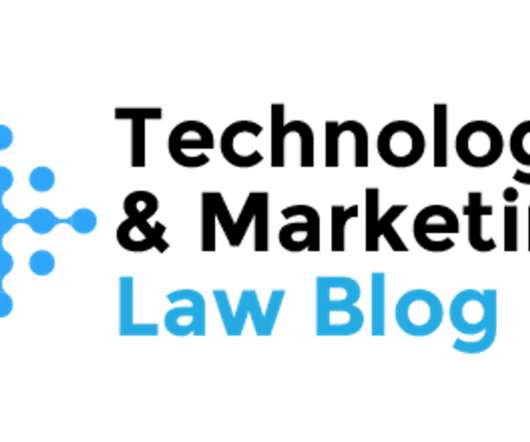Overview of Beneficial ownership in India
IP and Legal Filings
NOVEMBER 14, 2022
Beneficial Ownership. A beneficiary owner is defined as a natural person who owns or has control over a legal entity, such as a company, trust, or foundation, according to the OECD’s Beneficial Ownership Implementation Toolkit. [1]. Indian Framework. Committee CLC. CONCLUSION.














Let's personalize your content